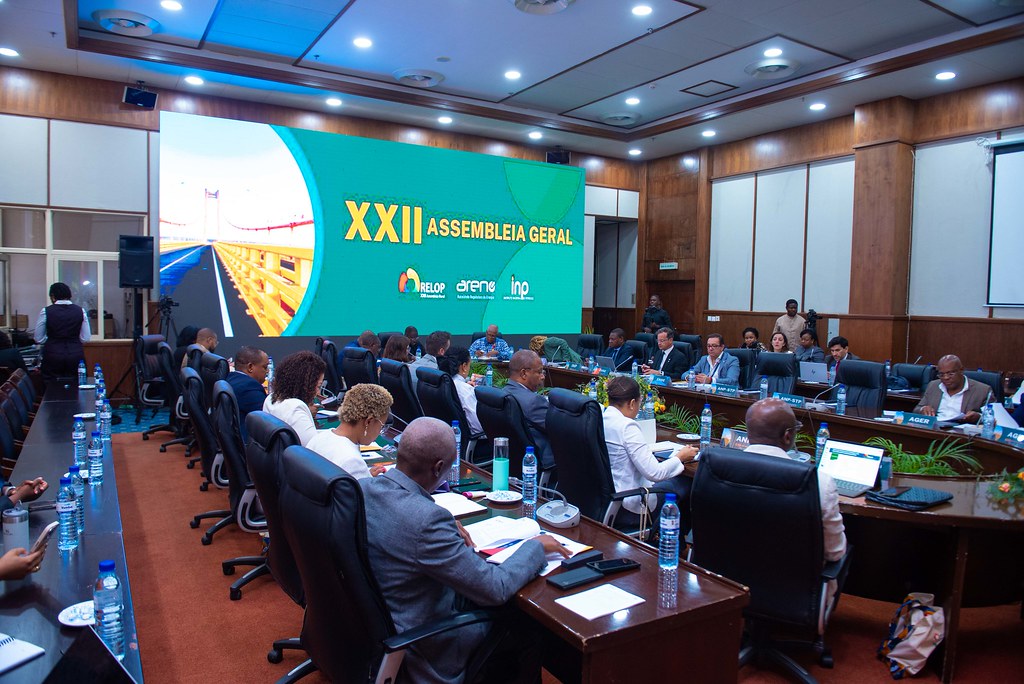RELOP promotes workshop on innovation ecosystem through regulation
In October, a workshop will be held to debate the mechanisms of energy generation and transmission auctions.
On Thursday (19/9), the RELOP Energy Transition working group, coordinated by ANEEL, organised the 7th workshop on fostering the innovation ecosystem through regulation. Focussing on the process of transforming the energy matrix towards a low-carbon economy, initiatives from ANEEL and Brazil’s National Agency for Petroleum, Natural Gas and Biofuels (ANP) were presented.
During the opening of the workshop, ANEEL’s Secretary for Innovation and Energy Transition, Paulo Luciano, emphasised the importance of Relop members participating in the search for innovations for each country’s electricity sector.
‘In Brazil, a public policy for investment, research and development in innovation was instituted more than 20 years ago and it was up to the regulatory agencies to implement and regulate these investments. In the case of ANEEL, we’ve already had more than 2,000 projects carried out, and around 25 per cent of the funds from these projects have been invested in renewable energy sources,’ said the secretary.
Created last year, the working group holds monthly workshops on topics related to the energy transition. More than 50 people took part in the training, including experts from Brazil and other Relop member countries, to discuss ways of achieving greenhouse gas emission neutrality targets by 2050.
Technicians from the Agency explained the functioning of public policies for investment in research, development and innovation in the Brazilian electricity sector, with an emphasis on the technical call for hydrogen.
At ANEEL’s invitation, ANP representatives presented initiatives from the research, development and innovation programmes in Brazil’s oil, gas and biofuels sector, which aim to stimulate the adoption of new technologies.
According to data from the Energy Research Company , between 2013 and 2022 ANEEL and ANP were the public institutions that most invested in RD&I.






